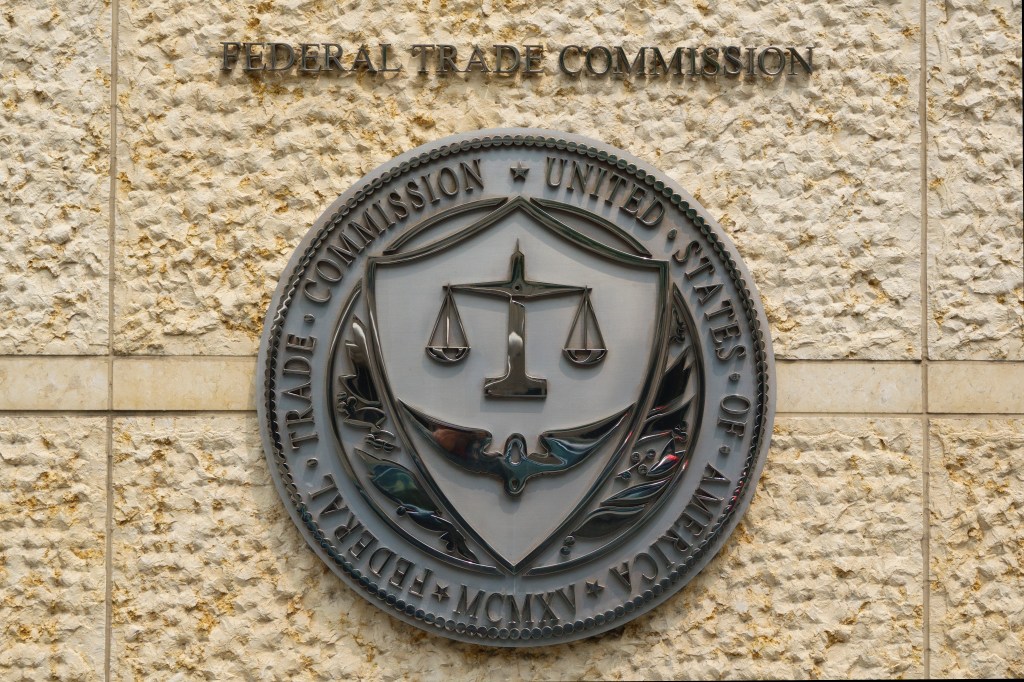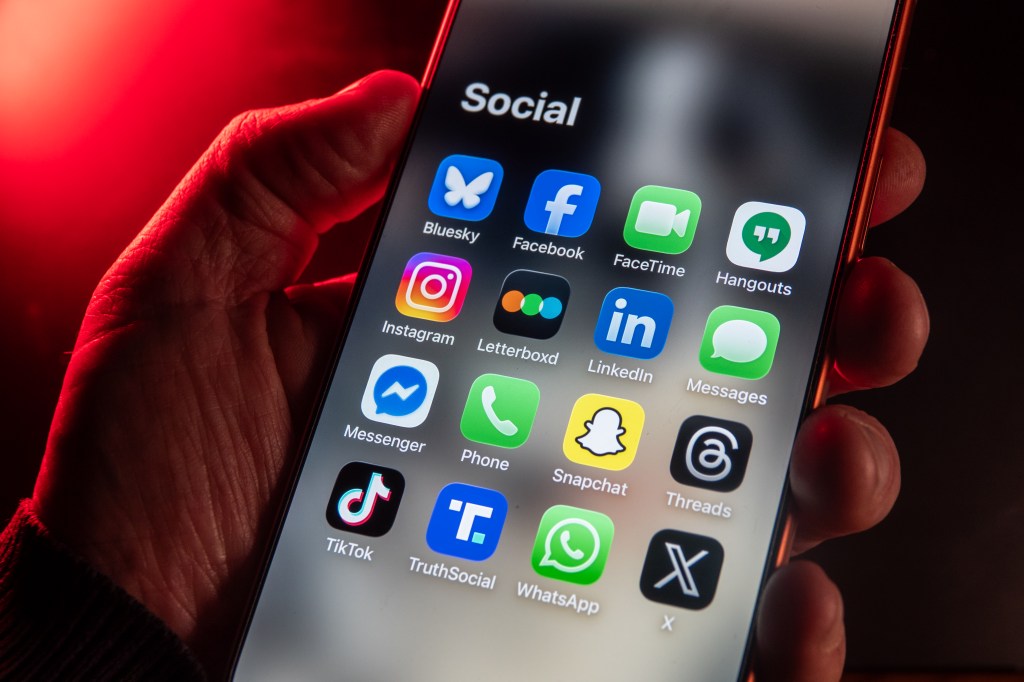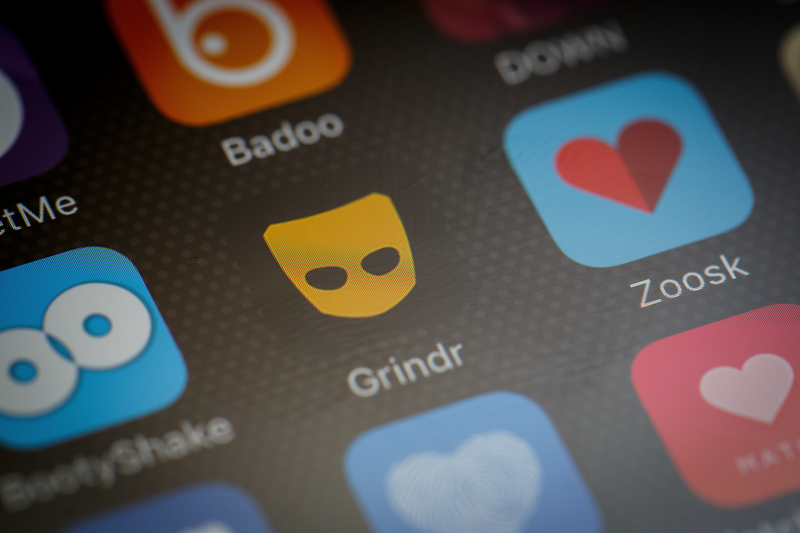Dating app Grindr has received the biggest fine yet issued by Datatilsynet, the Norwegian Data Protection Authority. The fine of Nkr 65m ($5.9m) was agreed after an appeal to the Privacy Appeals Board.
Grindr, a location-based dating app aimed at gay, bi, trans and queer people, was found sharing information
Register for free to keep reading
To continue reading this article and unlock full access to GRIP, register now. You’ll enjoy free access to all content until our subscription service launches in early 2026.
- Unlimited access to industry insights
- Stay on top of key rules and regulatory changes with our Rules Navigator
- Ad-free experience with no distractions
- Regular podcasts from trusted external experts
- Fresh compliance and regulatory content every day













